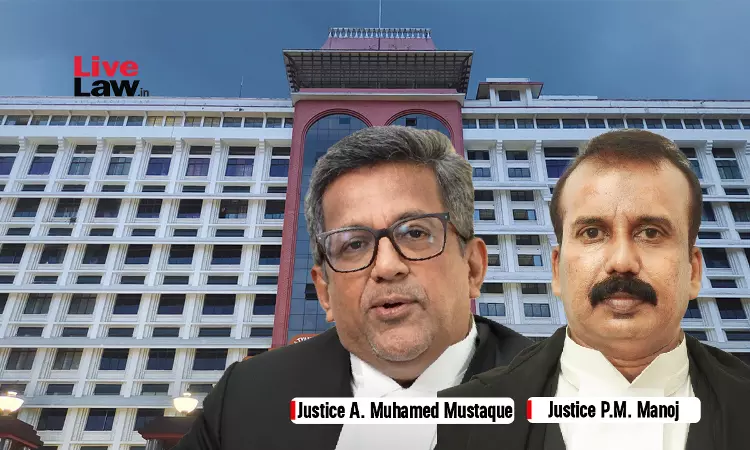The Kerala High Court has observed that the Kerala Public Service Commission (KPSC) is not empowered to conduct an enquiry to determine an applicant's caste status. The Court stated that KPSC can authorize a competent authority, such as a revenue authority or other issuing authority, to inquire into allegations of fraud or misrepresentation regarding an applicant's caste status.The Division...

